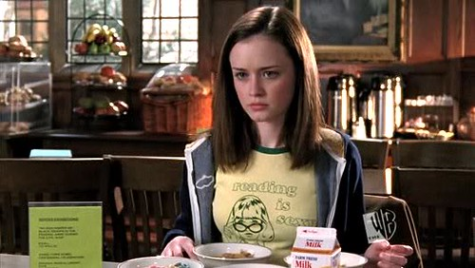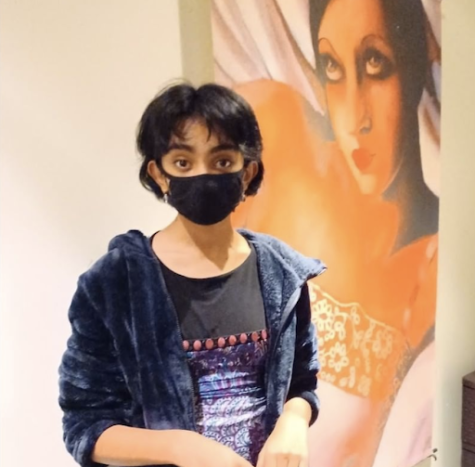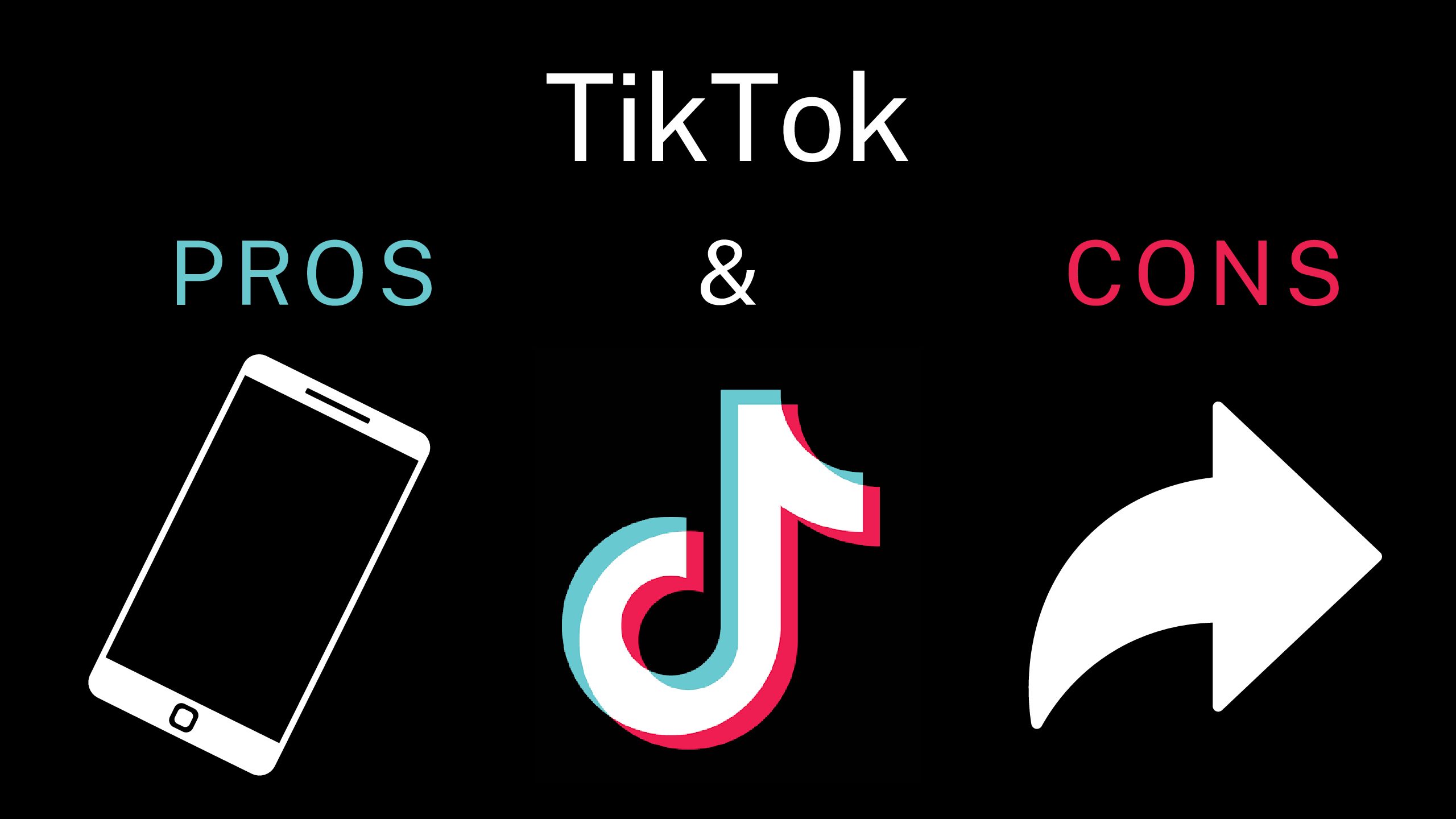A Love Letter to Mitski, Music, and Younger Me

“Mitski” by Courtney Emery is licensed under CC BY-ND 2.0
Mitski Miyawaki, better known as Mitski, entered the music industry with her debut album ‘Lush,’ changing the way many people see music.
January 10, 2022
I know that many people of color can understand the feeling of not feeling good enough because they don’t fit into the western, eurocentric standard of beauty. Mitski is one of the few artists that encapsulates these feelings perfectly.
Mitski Miyawaki, better known as Mitski, entered the music industry with her debut album ‘Lush,’ changing the way many people, including myself, see music.
For the most part, Mitski’s songs are autobiographical; they speak of her own life, experiences and struggles. Although most of her songs are only known for small portions because they got famous on TikTok, her music expresses several topics that go unrecognized at times in music. For example, “Nobody” is about her experience with loneliness; “Me and My Husband” is speculated to be about an abusive relationship; and “Your Best American Girl” tackles her experience as a woman of color (WOC) pining for a love that is inaccessible to her because of her background.
One of these songs in particular caused some discourse online and is called Strawberry Blond. This is a light, folksy piece that blew up on TikTok after a spoof of it called “Strawberry Cow” was posted on the app and went viral.
https://www.youtube.com/watch?v=UM28nOsJ2bI
The discourse on the song began when creators on the app took this song and made it into a cottage-core anthem. Although this was all in good-hearted fun, several fans of the artist took this as ignorance on the subject and erasure of the true meaning of the song.
To me, this song is about a yearning to be with someone who considers you undesirable because of the way you look, i.e. not white enough or looking like their standard of beauty.
If you look at Mitski’s work, you can see that an underlying theme in her music is her experience navigating American and white culture as a WOC and how that affected her life. In an article from Westword, Mitski states that “Being an outsider at the time nurtured my eye as a writer.”
We see this in songs such as “Your Best American Girl” and, although it is not as explicitly said, “Strawberry Blond.”
“Strawberry Blond” can be interpreted as an outsider — Mitski in this case — expressing her issues with self-image and dating in an American, predominantly white, culture. When I listen to this song, I can feel Mitski’s yearning for the love of the “Strawberry Blond,” who — based on the information we get from her previous work — might be a white man. The image I get in my mind when she says “You tell me you love her / I give you a grin,” is that the person in this passage fits into the eurocentric ideal of beauty. This, therefore, makes her more desirable to the person in the title. This is a feeling that I can, unfortunately, relate to.
Although I never thought that I had to be white to be pretty, these feelings of needing to fit into these very eurocentric standards of beauty manifested in several other ways. Whenever I listen to this song, I go back to the time when I thought the only way I could be pretty and desirable was if I looked exactly like Rory Gilmore.
Rory Gilmore is a character I have known since I was very young, even before I found it important to be pretty. She was someone I always idolized; she was smart, gorgeous, and had the wit and charm that I always wanted. I wanted to have everything she had, especially her looks.
If we look at the picture below, we can see that she has very eurocentric features, i.e. light skin, small nose and light eyes. In my little 10-year-old mind, this was the standard I had to live up to, even though I was, and still am, the exact opposite. All these feelings became internalized and manifested in me feeling like my looks weren’t good enough or interesting enough to be considered pretty.

I know that if I had known the true meaning of the song when I was going through this — instead of the meaning that TikTok told me — I would’ve felt seen and understood.
Music has always been a big part of my life. I can hear a song and connect it to an event in my life, no matter how trivial or earth-shattering it may be. Still, I barely ever heard any songs that intertwined with the feelings I had surrounding my identity. Mitski is one of the few artists who managed to encapsulate those feelings. Seeing the underlying meanings that define her music being dismissed by people who don’t fully understand it, to say the least, strikes a nerve.
Sources:
https://www.westword.com/music/mitski-miyawakis-mixed-race-identity-informs-her-music-9246091
https://www.unpublishedzine.com/music-1/gatekeeping-mitskinbsp







Anjali Nadarajah • Jan 12, 2022 at 1:47 pm
Really loved this article! I too, unfortunately, can relate, especially the Rory Gilmore part.
Smitha • Jan 12, 2022 at 5:40 am
Beautiful expression of thoughts and emotions! Keep up the good work.